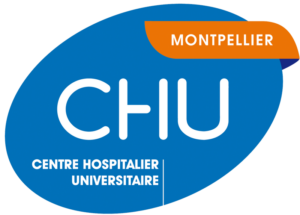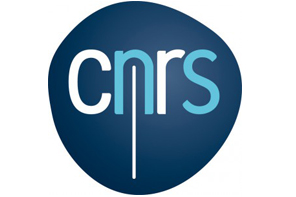
Research Programme: PANACÉA
PANACEA: Preventive ANd supportive cAre interventions to reduCE at-risk behaviours And cancer morbidity
Coordinators

PhD, Professor of Health Psychology, Head of Epidaure Prevention Centre (ICM) and Co-director of Epsylone laboratory (University Paul-Valery Montpellier 3)

MD, PhD, GI Oncologist, Expert in Clinical Nutrition, Head of Supportive Care Department (ICM)
PANACEA Programme draws on a unique combination of expertise in psychosocial and behavioural sciences, public health, supportive care and cancer biology to develop interventional research aimed at reducing cancer incidence and improving cancer patient outcomes.
The aim of Axis 1 is to develop theory-based primary prevention interventions for schoolchildren, adults and individuals with a genetic risk of cancer. First, a programme based on the capabilities, opportunities, motivations – behaviour model targeting sun exposure and sun protection behaviours in children will be evaluated. A second project will assess the feasibility of a physical activity promotion programme based on the theory of planned behaviour for adults in the workplace. A third programme targeting physical activity, tobacco and alcohol consumption in a cancer genetic risk population will be developed based on self-determination theory.
The aim of Axis 2 is to develop research works aimed at evaluating the contribution of the early integration of supportive care in the management of cancer patients. A series of translational studies will be carried out to objectivise the biological effects of these supportive care interventions, particularly in the context of digestive and breast cancers and the cachectic state associated with these diseases. A second part will assess the impact of a neuropsychological rehabilitation intervention in patients with brain tumours. Finally, the effectiveness of a digital application designed to help healthcare professionals to prevent deleterious interactions between oral anticancer therapies and complementary medicines will be evaluated.







